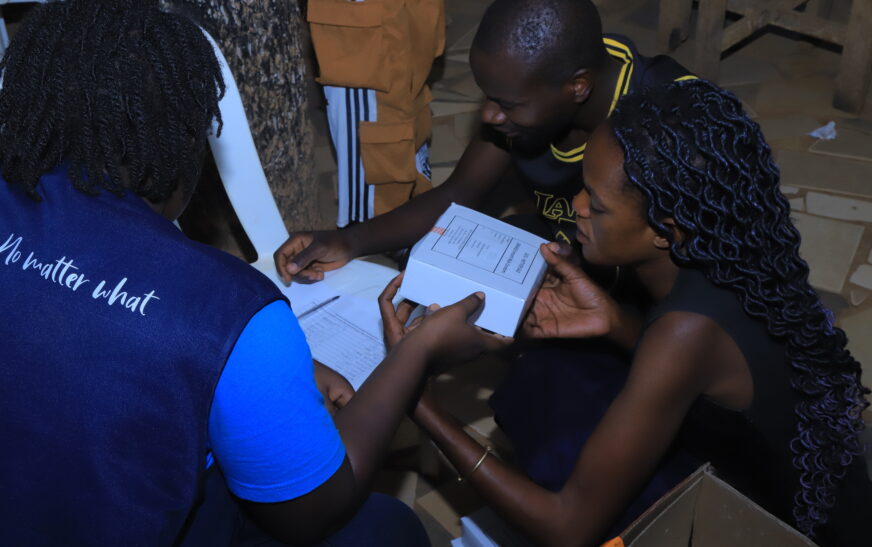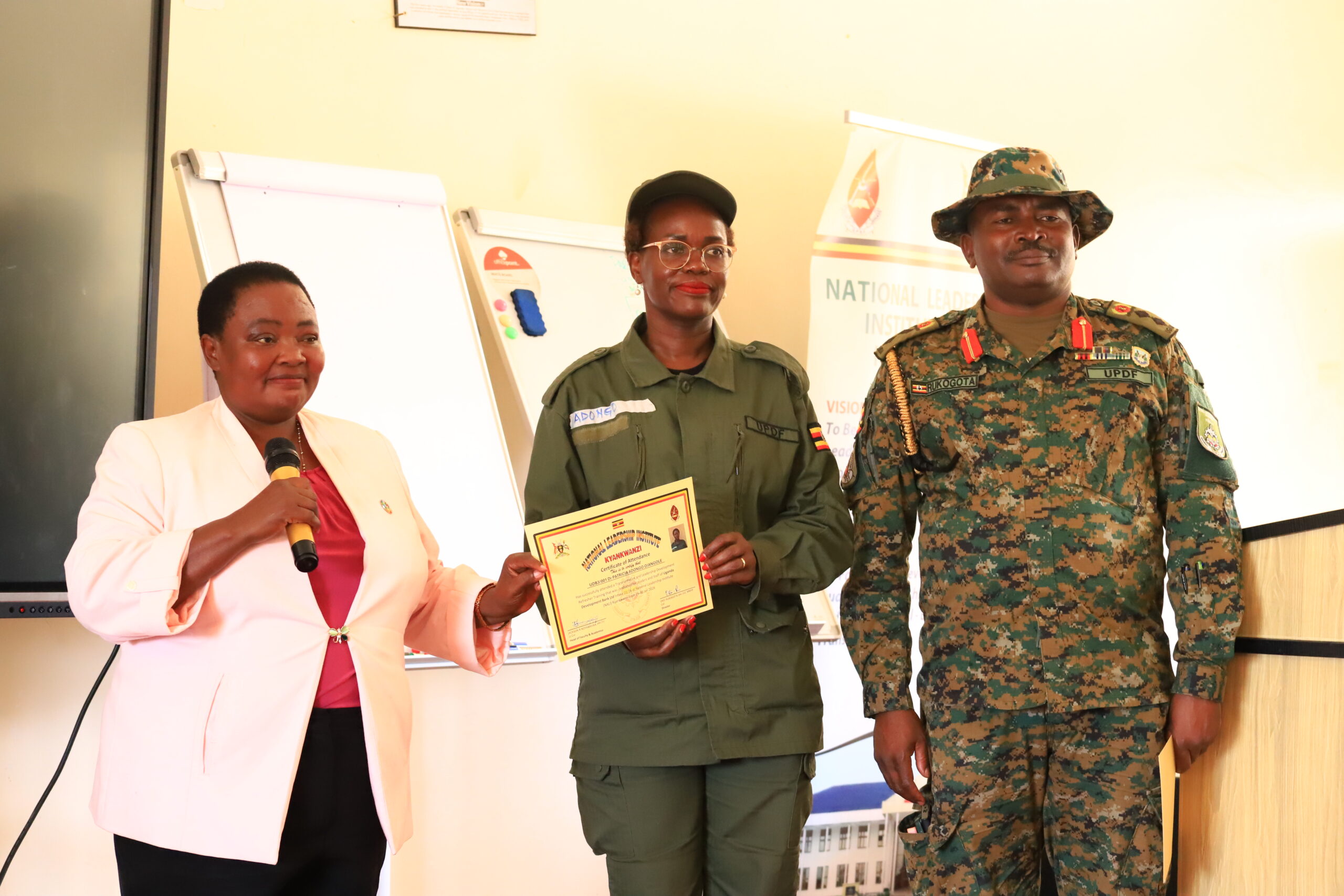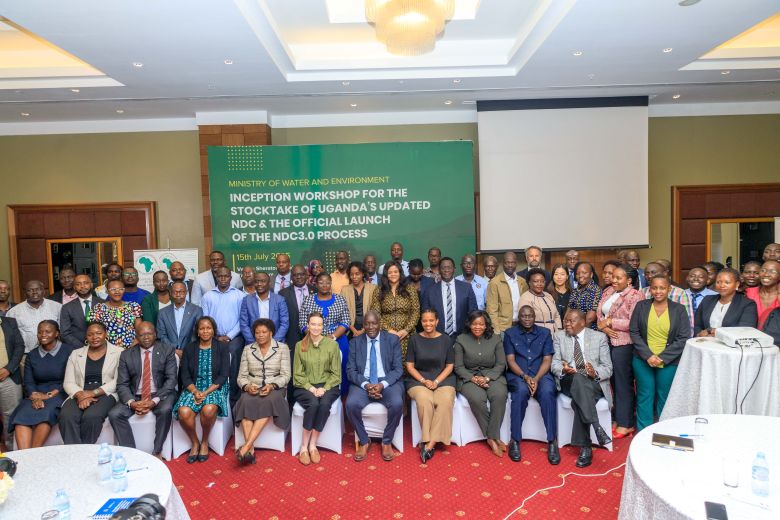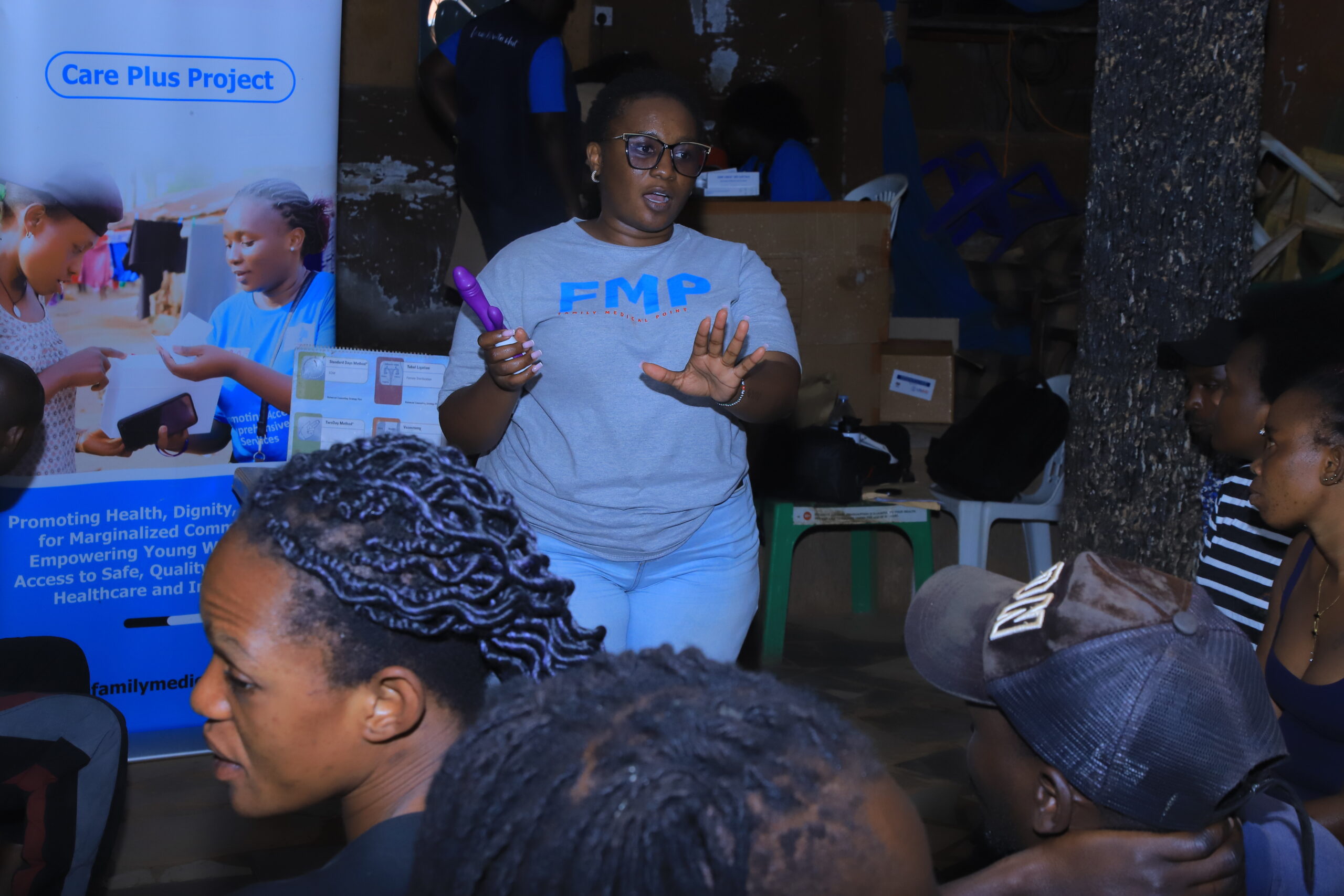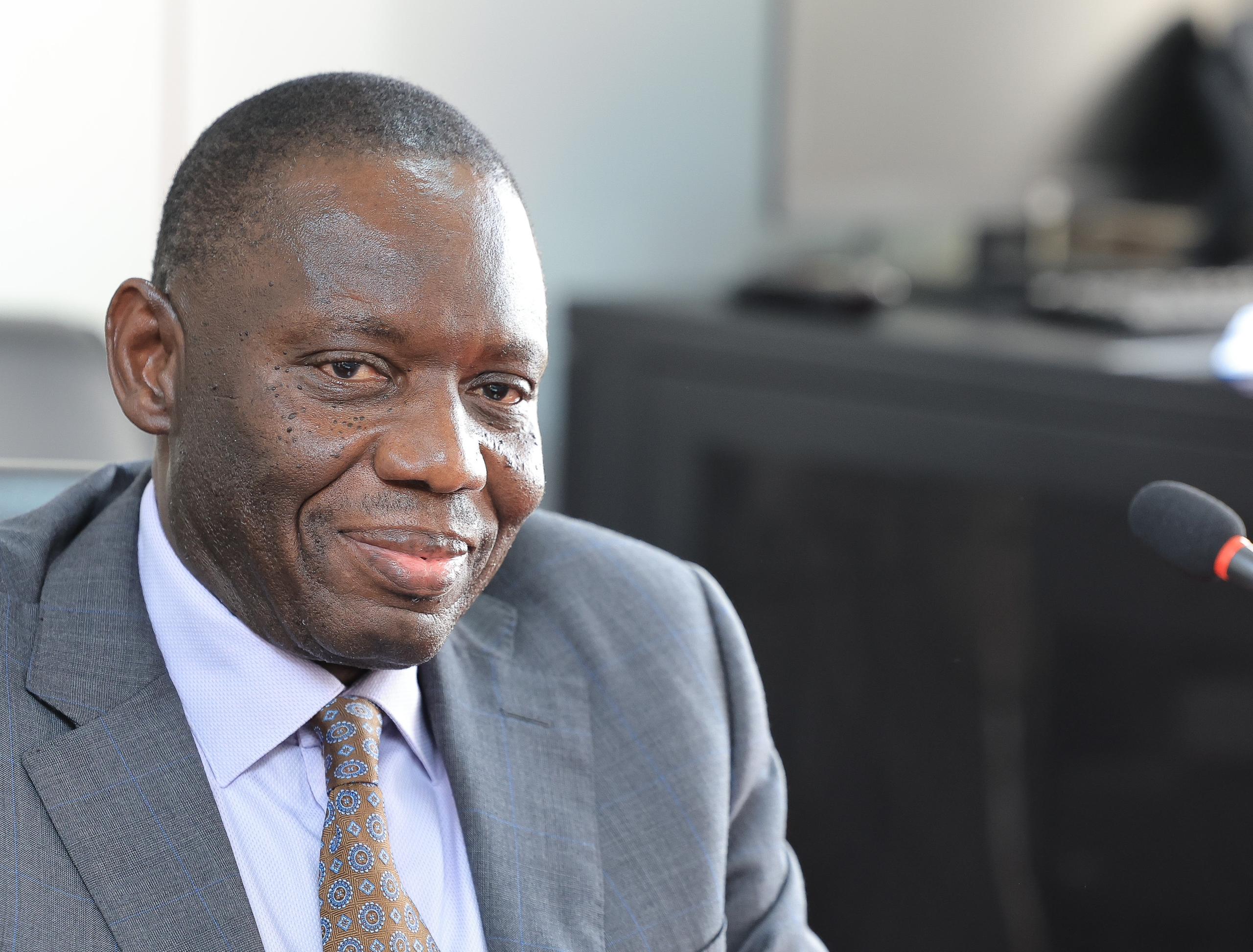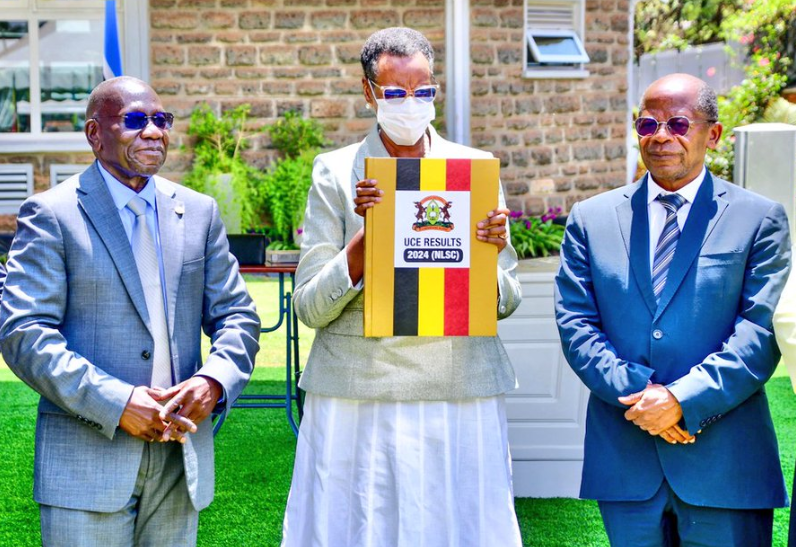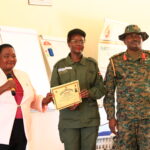In a bid to improve sexual and reproductive health in vulnerable communities, Family Medical Point (FMP) organized a mobile outreach session locally known as a Musawo session in Nakiwogo, Entebbe Municipality, targeting sex workers with essential health services and education.
The session drew 112 participants from Nakayiza Estates and nearby areas within the Nakiwogo fishing community, offering free HIV testing, family planning, mental health support, and condoms.
More than 90 women underwent HIV screening, while 94 accessed other sexual and reproductive health services. FMP also distributed 9,000 condoms to community members a figure that fell short of the overwhelming demand.
Polyne Nabwire, FMP’s Head of Programmes, described the Musawo session as a safe space for sex workers to receive accurate information and support, free from stigma and discrimination.
“Fishing communities like Nakiwogo are highly vulnerable due to high rates of transactional sex, poor access to healthcare, and limited condom availability. This model helps bring services closer to those who need them most.”Nabwire said.
However, Nabwire raised concerns over the sharp rise in condom demand, which far exceeded available supply. She noted that some women reported going without protection due to unaffordability or lack of access, despite condoms being labeled as free.
“We saw women scrambling for condom boxes. Some told us they’ve had to choose between buying food or condoms, which are sometimes resold at high prices even when marked ‘Not for Sale,’ “She said.
Nakiwogo is among several Lake Victoria landing sites along with Kigungu, Kasenyi, and Kasensero where HIV prevalence ranges from 22% to 29%, nearly four times the national average, according to studies.
The current shortage in condom supply is partly attributed to global funding shifts. FMP cited the reimplementation of the U.S. Global Gag Rule in early 2025, which led to funding cuts affecting NGOs offering reproductive health services in Uganda.
FMP Executive Director Moses Odongo warned that the condom shortage goes beyond funding gaps, pointing to deeper systemic issues like stigma and lack of government attention to key populations.
“Sex workers are forced to make impossible choices every day. While national HIV prevention programs have made strides, communities like Nakiwogo continue to be left behind,” Odongo said.
To address the crisis, FMP has changed its distribution strategy, prioritizing direct delivery to sex workers instead of bulk distribution to lodges and brothels, where condoms are often sold illegally.
The organization is now urging the Ministry of Health and development partners to stabilize condom supply chains, expand outreach in high-risk areas, and invest in peer-led education programs that can reduce stigma and empower local voices.
“Every Ugandan deserves access to health services, regardless of who they are or where they live. Health and dignity must be non-negotiable.” Nabwire said.

